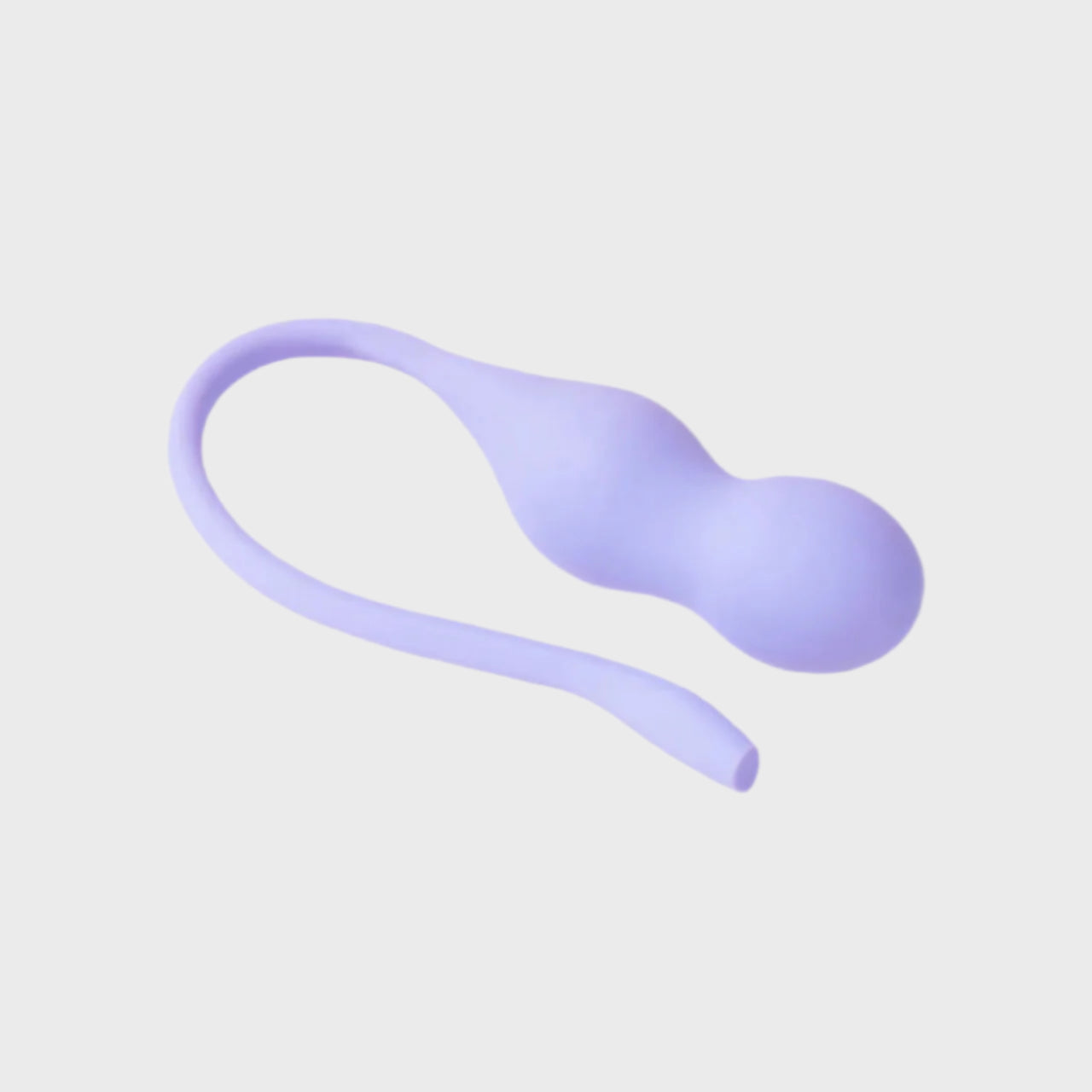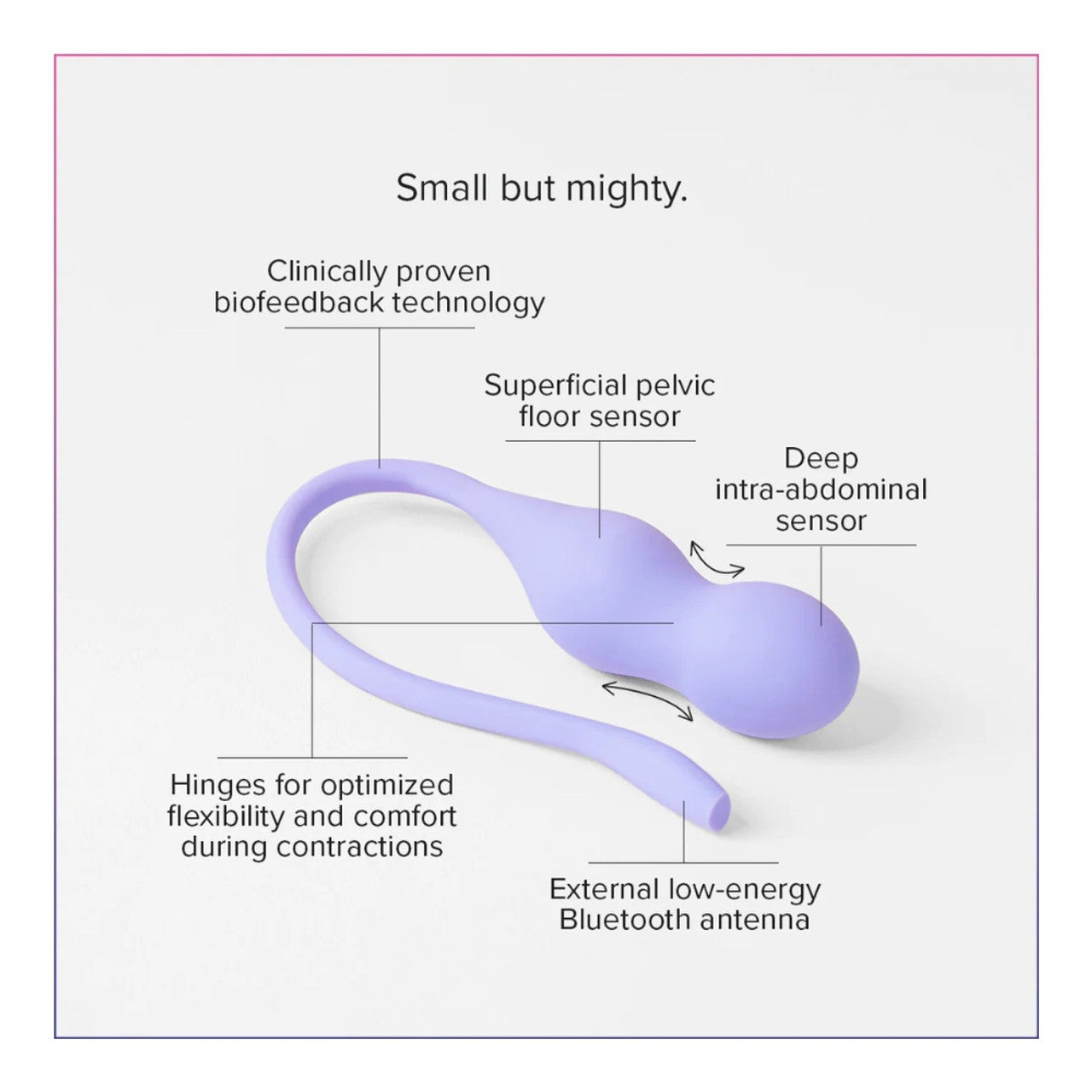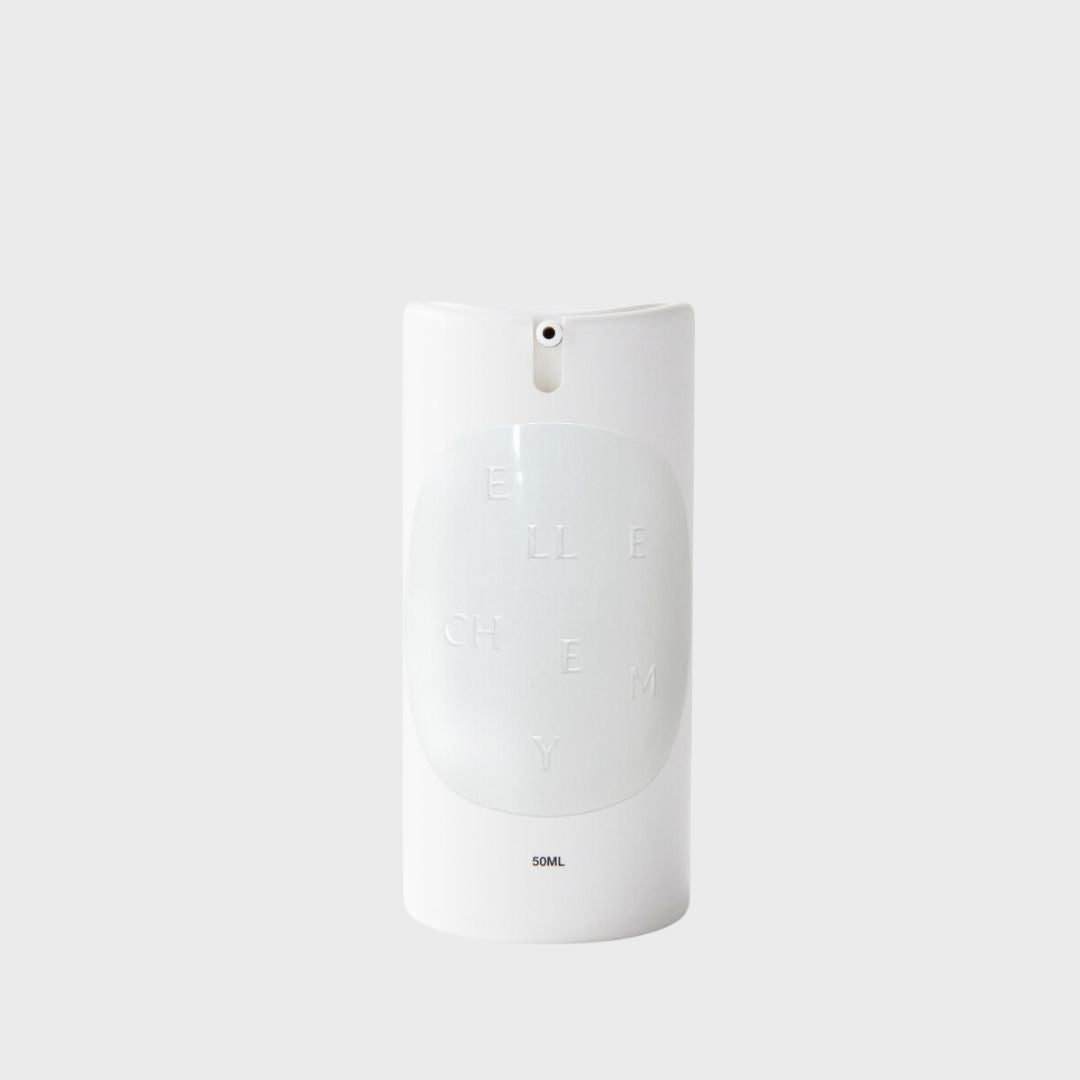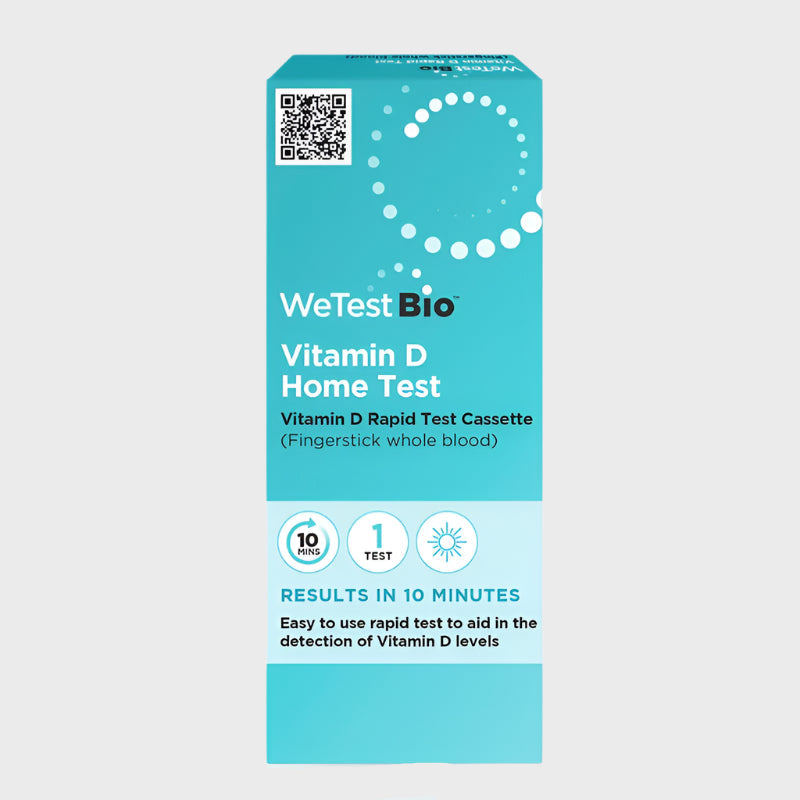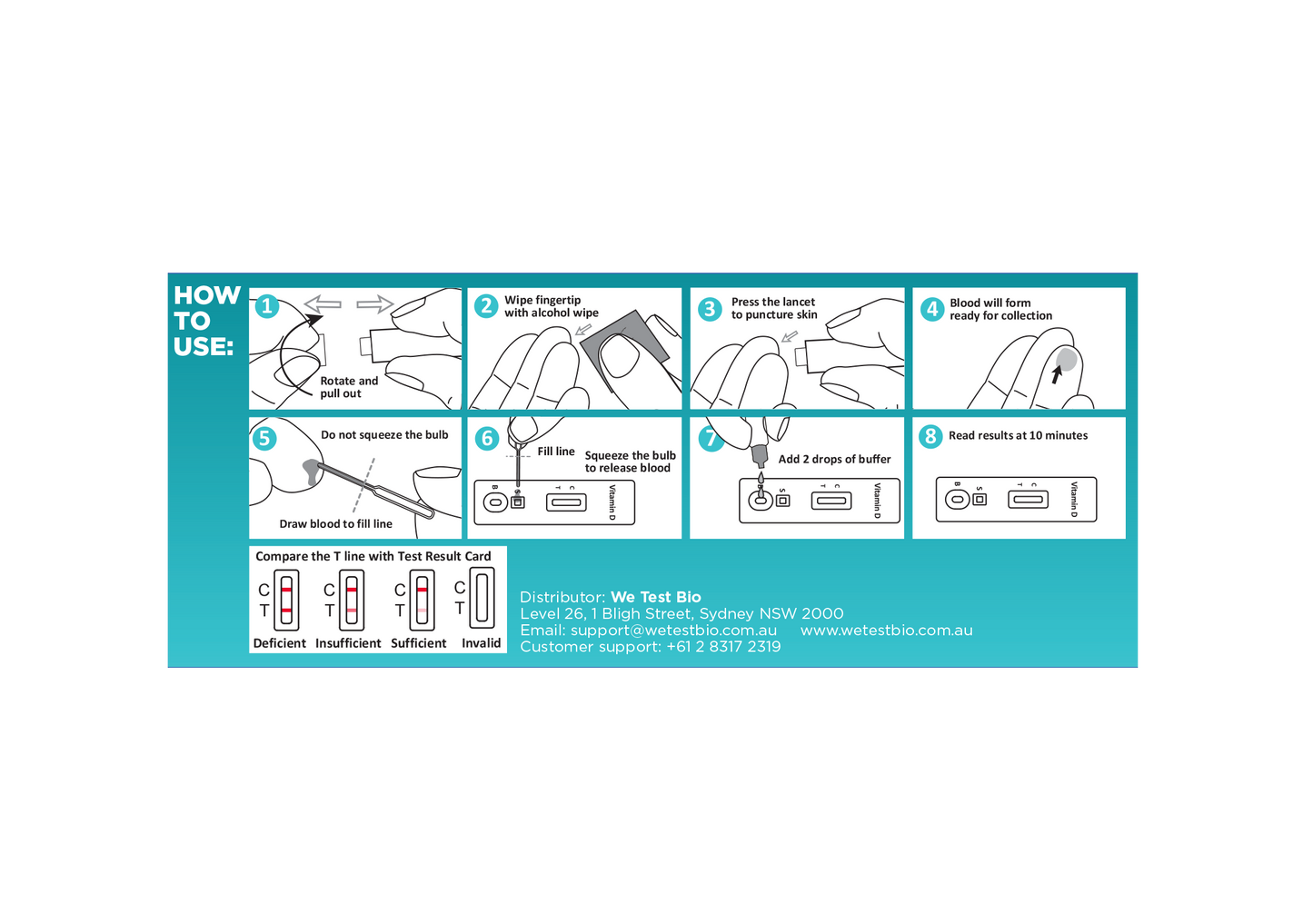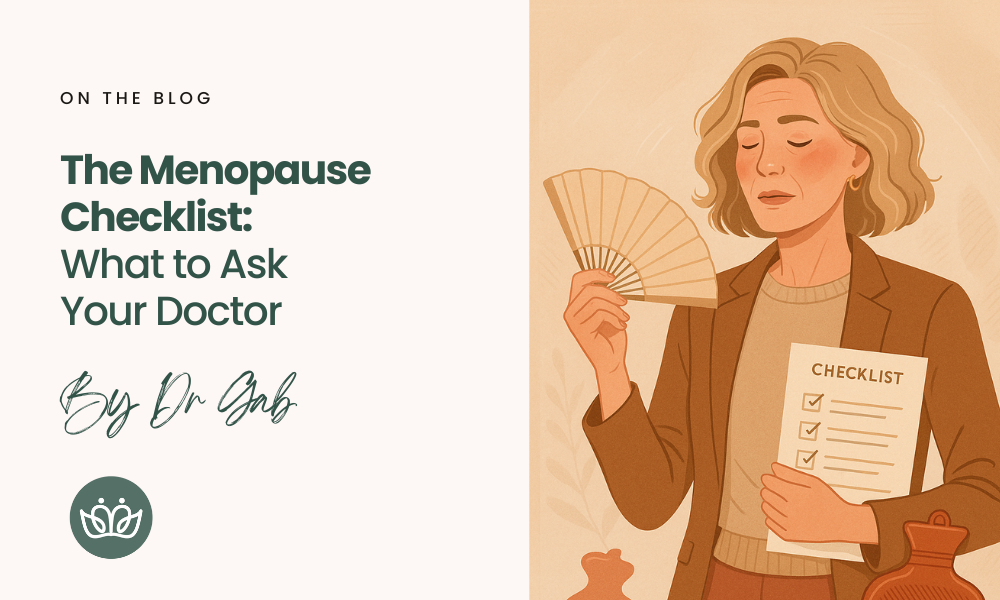
Menopause is a significant transition in a woman's life, bringing about various physical and emotional changes. Navigating this phase can be challenging, but with the right information and support, you can manage symptoms effectively and maintain a high quality of life. One of the most crucial steps is having open and informed discussions with your healthcare provider. This checklist is designed to guide you through that conversation, ensuring you cover all essential aspects of your health during menopause.
Understand Your Symptoms
Before your appointment, take note of any symptoms you've been experiencing. Common menopause symptoms include:
-
Hot flushes
-
Night sweats
- Mood swings
-
Sleep disturbances
- Vaginal dryness
- Decreased libido
- Memory lapses or "brain fog"
Keeping a symptom diary can help you track their frequency and severity, providing valuable information for your doctor.

Key Questions to Ask Your Doctor
| Do you specialize in menopause care? |
It's beneficial to consult a doctor experienced in managing menopause to receive tailored advice.
|
| Are my symptoms related to menopause or another condition? |
Some symptoms may overlap with other health issues; it's essential to rule out other causes. |
| What treatment options are available for my symptoms? |
Discuss both hormonal and non-hormonal therapies, including lifestyle modifications and alternative treatments. |
|
What are the risks and benefits of hormone replacement therapy (HRT)? |
Understand how HRT may affect you, considering your medical history and risk factors. |
|
How can I manage emotional and mental health changes during menopause? |
Menopause can impact mental well-being; inquire about support options like counselling or support groups. |
Lifestyle and Preventative Health
|
What dietary changes should I consider? |
Nutrition plays a vital role in managing menopause symptoms and overall health. |
|
How does exercise impact menopause symptoms? |
Regular physical activity can alleviate symptoms and improve mood. |
|
Should I be concerned about bone health? |
Menopause can affect bone density; discuss calcium intake and bone density testing. |
Preparing for the Appointment
-
Bring your symptom diary and any questions you've prepared.
-
List all medications and supplements you're currently taking.
-
Be honest about your lifestyle habits, including diet, exercise, and stress levels.
Approaching menopause with knowledge and proactive healthcare discussions can make this transition smoother. Use this checklist as a starting point to engage in meaningful conversations with your doctor, ensuring you receive the support and treatment you need ad most importantly if you don't feel heard then find another doctor!
Download your Checklist here:


